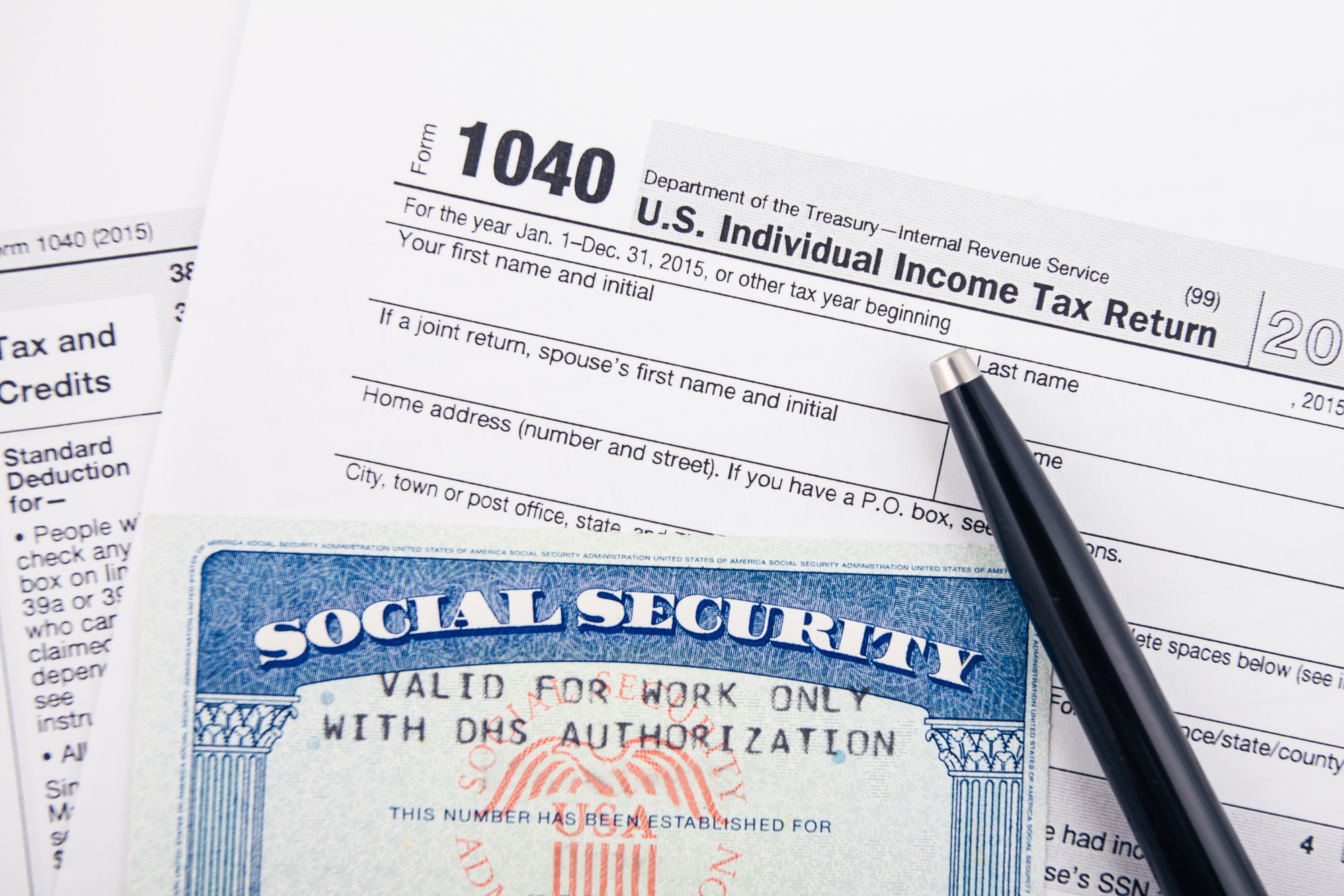Every year, Americans have to remind themselves of the last day to file taxes, but 2020 is different.
Many people and businesses are struggling to stay afloat financially. The current public health crisis has affected the economy, and as such, the tax deadline has changed.
But when is the new tax deadline? Do you have to do anything differently? Keep reading to learn about filing your taxes in 2020.
Do You Need to File Taxes?
When determining the last day to file taxes, you should figure out if you need to file taxes. You may think that everyone who works has to file taxes, but that’s not the case.
If you’re single and less than 65 years old, you need to file taxes if you earned at least $12,200. If you’re single and over 65, you’ll need to file taxes if you earned $13,850.
A head of household under 65 earning at least $18,350 will need to file taxes. Heads of households over 65 will need to file if they earned more than $20,000.
Married couples filing jointly will have to file if they earn more than $24,400 to $27,000 depending on the ages of the couple. However, married couples filing separately will have to file if they earn more than $5.
You may also need to file your taxes with your state, so make sure you check the regulations they have.
The Usual Last Day to File Taxes
Typically, the last day to file taxes is April 15. Before that day, you have to file your taxes for the prior year.
The deadline gives employers enough time to use a paystub generator and to send documents to their employees. If you take your taxes to an accountant, you have time for them to prepare your taxes.
If you’re ready earlier, you can file before the deadline. However, you can also request an extension before the last day to file taxes. Then, you can have more time to organize everything.
If you need to file your taxes, you should do so before the deadline, or you should request an extension before April 15. However, the deadline for taxes in 2020 is different.
When Are Taxes Due in 2020?
As the coronavirus pandemic began, the United States extended the tax deadline for 2020 only. Instead of the typical April 15 deadline, you have until July 15 to file your taxes.
The new tax deadline gives everyone a few more months to file and make any tax payments necessary. You won’t have to worry about payments accruing interest during the extension.
Whether you file as an individual, own a business or work as an independent contractor, you can take advantage of the new tax deadline.
You don’t need to fill out a special form to get the extension, but you also don’t have to worry if you have already filed your taxes.
Why Is It Different?
The primary reason for changing the last day to file taxes in 2020 is that it provides financial relief. During this time, many individuals and businesses don’t have the typical income they expect.
So the extra three months gives people and businesses who owe taxes time to find the money and pay them. But that doesn’t mean you have to wait until July to pay your taxes.
You should also know that the last day to file taxes in 2021, will return to the typical deadline, which is April 15.
Should You File Your Taxes Early?
Even though the tax filing deadline is later this year, you may still want to file your taxes now. Of course, waiting to file means you can save the money that you might owe.
You won’t have to worry about taking a loan to pay taxes on your individual or business income. If you usually work with an accountant, you can set aside funds to pay them.
However, many people will benefit from paying their taxes earlier. If you work for an employer where taxes are deducted from your paycheck, you may get a refund.
The later you file your taxes, the later you will receive that money. Especially if you’re currently struggling, filing your taxes now means that you could use your refund to pay for essential expenses.
While many Americans have or will receive a stimulus check, it may not be enough. Even if your tax refund is small, it can make a difference when paying for rent, food, or other costs.
How to File Taxes in 2020
Whenever you decide to file your taxes, you should know how to do so. The IRS recommends that you file your taxes electronically, particularly if you will get a refund. Check the IRS website for more guidelines
Filing online and setting up a direct deposit is the best way to get your refund as quickly as possible.
However, if you don’t expect a refund or don’t need it right away, you can file in a way that’s comfortable for you. You can work with an accountant or use a tax filing program.
Still, whatever method you choose, make sure you follow the new tax deadline of July 15. Whether you owe taxes or the IRS owes you a refund, if you made enough money, you should file your taxes accordingly.
Back on Track
The year 2020 has had many ups and downs, and luckily, the IRS has made some changes to provide relief when it comes to taxes. By changing the last day to file taxes, you have more time to gather your documents and come up with money that you owe.
However, if you know you’ll get a refund, you can go ahead and file your taxes now. Then, you won’t have to wait much longer to get your refund in this time of crisis.
Did you like what you read? Check out the rest of the blog for interesting information!
